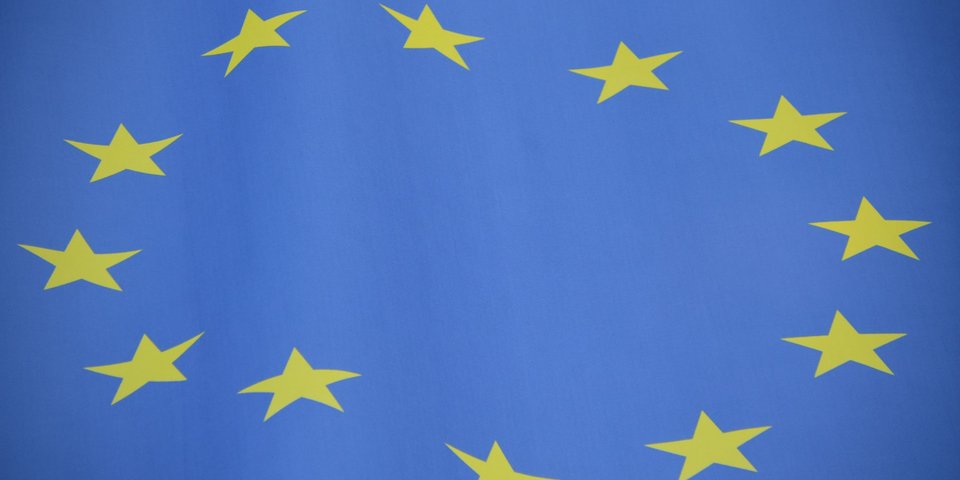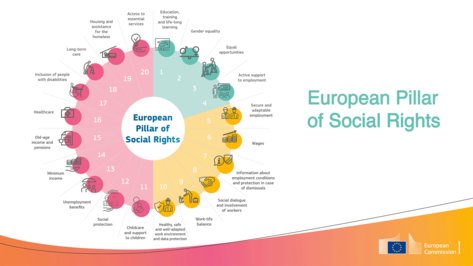 pixabay/ulleo
pixabay/ulleo
Green Deal and European Social Model
Whether and to what extent the European Pillar of Social Rights (EPSR) should also be taken into account at the European level when working out measures for the climate-neutral transformation of the economy is currently being discussed.
ed* Nr. 01/2023 – Chapter 6
The rules and principles of European social protection policy set out in the EPSR are deliberately not limited to the protection of the most vulnerable in society. The declared goal is the participation of all and their access to fair, efficient and solidarity-based social welfare schemes.1 So far, however, social policy measures to achieve climate neutrality primarily relate to vulnerable groups. However, the impact will affect society as a whole. At the European level, it is therefore necessary to clarify how measures for climate-neutral transformation can be designed while respecting the rules and principles of the EPSR.

As part of the Action Plan on EPSR, the European Commission had set up a High-Level Group (HLG) to prepare recommendations for the future of European social welfare systems. It links three of the EU’s currently most important issues, namely climate change, the digital decade and the EPSR.
The mandate was to further develop the EPSR in a sustainable way and to adapt it to the new socio-political challenges. On 7 February, the HLG presented its final report.2 In the context of climate change and the European Green Deal, it emphasises access to essential services (Principle 20 of the EPSR), as it is the most vulnerable in society who suffer the most. Principle 10 is also addressed. For example, the report emphasises the importance of a healthy and safe working environment. It is emphasised that there are major gaps in occupational safety and health, especially in the case of quasi or solo self-employed workers and in the domestic work environment, as in the case of home offices. Here, it is necessary to go well beyond the recommendations of the HLG report.

